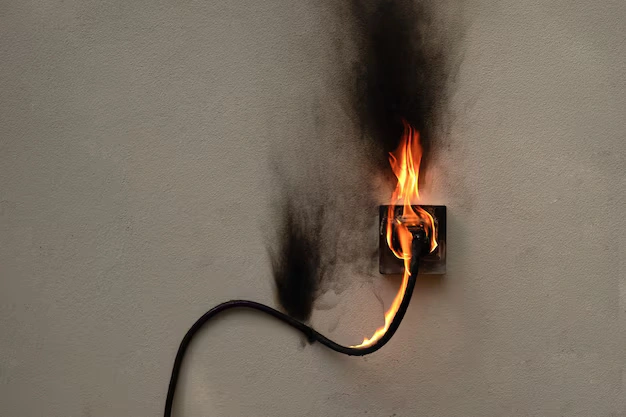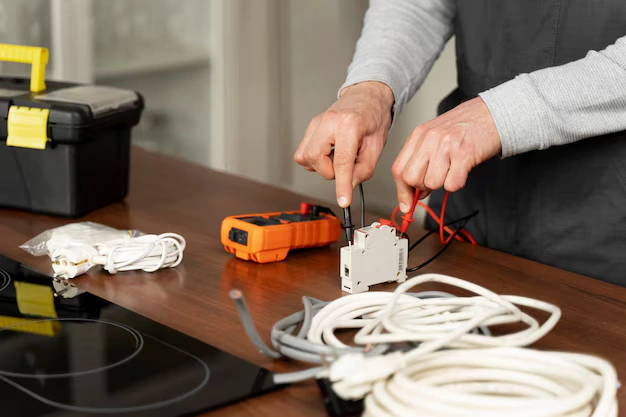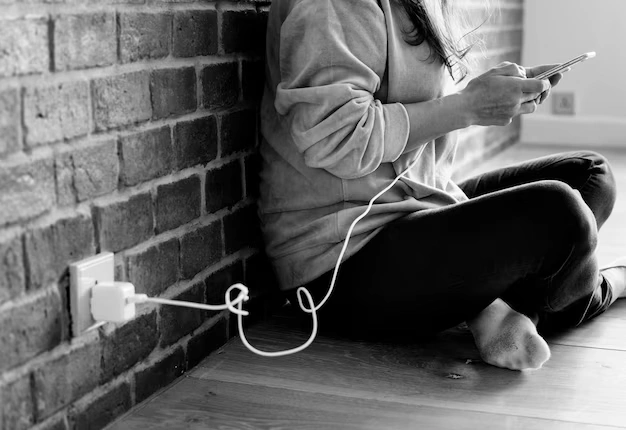Upgrading the electrical wirings can save many lives from electrical fires. If you have an older home, there may not be enough circuits in the wiring system to handle online learning or added devices and gadgets. Rising wires could overheat, catch fire, or other hazards. In order to prevent these problems, the wiring needs to be upgraded for modern safety compliance. This guide will help walk you through safely upgrading your home’s electrical system.
Evaluate the Condition of Existing Wiring
Assess Your Current Wiring The first step in updating your home’s electrical system is assessing your current wiring. Older homes often have outdated wiring, including knob-and-tube or aluminum wiring, that can be unsafe. Knob-and-tube wiring is brittle and has no ground wire, while aluminum wiring can overheat and spark a fire. In either of these cases, you should be upgrading your wiring.

Also check for other signs of wear, like frayed wires or exposed connections. If you see any issues, contact a licensed electrician to perform a complete inspection. This will enable you to know whether the wiring must be changed.
Choose the Right Materials
For electrical wiring, using the right materials used is crucial while upgrading. Most homes will want to use copper wiring. It is strong, a good conductor of electricity, and safe. It’s also less prone to corrosion and doesn’t overheat as easily as the older materials they used, such as aluminum.
Be sure to choose materials that comply with the current safety codes and regulations. The wiring should support the Electrical Wiring load of your house. Your electrician will know the proper materials to use according to the specifications of your house.
Upgrade the Electrical Panel
An old electrical panel poses one of the biggest risks of fire. Older panels may struggle to deliver the power requirements of today’s appliances. This can lead to the overloading of circuits, which can overheat and create fires.
Electrical equipment can put a strain on electrical panels, and they have a certain capacity, so upgrading your electrical panel will ensure it can support today’s electrical appliances and devices safely. A new panel will take the risk out of an Electrical Wiring. A licensed electrician will evaluate your existing panel and replace it with one that will suit your home. Most newer homes should have a panel rated for at least 200 amps.
Install Safety Devices: GFCIs and AFCIs
GFCIs and AFCI: Protecting against ground faults and arc faults GFCIs protect you from electric shocks, especially in damp places such as kitchens and bathrooms. If a fault occurs, they turn off power to prevent injuries.
Electrical fires are prevented with AFCIs. They sense arcs, which happen when electricity leaps from one wire to another. This can create sparks, resulting in a fire. AFCIs are particularly important for spaces like bedrooms and living rooms where the majority of electrical fires occur. These devices will give you another layer of security in your home.
Rewire the Home in Phases
If you’re hesitant about rewiring the whole home at once because it seems too expensive or overwhelming, try doing so in phases. You don’t need to rewire your entire home at once. Start with the more essential rooms like the kitchen, living room, and bathroom. These areas usually have the greatest demand for electricity.
After the most consequential areas have been rewired, proceed to the rest of the home. By splitting the upgrade into phases, you can carry some of the cost while also getting the benefit of making the most used areas of your home less of a fire risk.
Ensure Proper Grounding
Another step is to ground your electrical system. This also stops any electric jolts, ensuring a safe system. Electrical faults can even be fatal without proper grounding.
Homes more than a few decades old may not have proper grounding in place or may have systems that are faulty. An electrician can also inspect the grounding in your home and upgrade it if necessary. Installing grounding rods or reconfiguring the system can go a long way in preventing electrical mishaps.

Hire a Qualified Electrician
Replacing electrical wiring can be a hazard and must be done carefully. The best practice is to get a licensed electrician to do the job. Not all of the electrical stuff is obvious in terms of dangers and electrical systems are complex, and a wrong installation can create fire dangers or other risks.
A licensed electrician will comply with all safety codes, pull the needed permits, and make sure the work is performed correctly. Another benefit of regular maintenance, is that they will check your home for underlying issues, and fix them, before they become a problem. These professional skills are critical to safely upgrading.
Test the System After Installation
After the new wiring and electrical components are in place, it’s time to test the system. Each circuit will be tested by the electrician to guarantee proper functioning. They will look for faults or issues that require attention.
Testing the system post installation ensures that any problems don’t become serious. It also guarantees that all components of the system operate safely and efficiently. Ensure the electrician gives a full report of the work completed.

Conclusion
While updating older electrical systems is crucial for safety, undertaking such renovations can seem daunting. A thorough evaluation of existing wiring and core components like panels is the first step. From there, choosing quality materials suited to current and future needs will modernize infrastructure. Hiring a licensed electrician guarantees work meets code and poses no risks.
Their expertise ensures hazards are eliminated and protection reinforced. Regular checkups thereafter confirm all remains functioning flawlessly. With a system designed for energy efficiency and security, homeowners can feel assured for years to come. Adaptations now ease anxiety over potential faults, instead allowing focus on enjoying a residence fitted for the future. Compliance with regulations delivers durable peace of mind.
FAQs
How can I tell if my home’s wiring needs to be upgraded?
If the wiring in your home is decades old, trips circuit breakers or displays other wear such as frayed wires it might be due for an upgrade. An electrician can help analyze the situation.
Is it expensive to upgrade the electrical wiring in an older home?
The cost varies based on the size of the home and the extent of the work. This may be expensive but needs to be done to avoid a potential fire hazard.
How to upgrade electrical wiring in a home?
All electrical work must be performed by a licensed electrician. DIYing the new wiring can be dangerous and could violate safety codes, too.
Home electrical safety: How to avoid electrical fires after rewiring
Once the wiring is up to date, don’t overload circuits, inspect appliances and cords for damage on a regular basis, and keep electrical systems well maintained. Call an electrician if you see any problems.
Following these steps will help you make sure your home’s electrical system is safe, up-to-date, and in line with what you need to be able to perform your daily tasks without fire hazards.
By following these steps, you can ensure your home’s electrical system is safe, modern, and capable of supporting your daily needs without the risk of fire.


